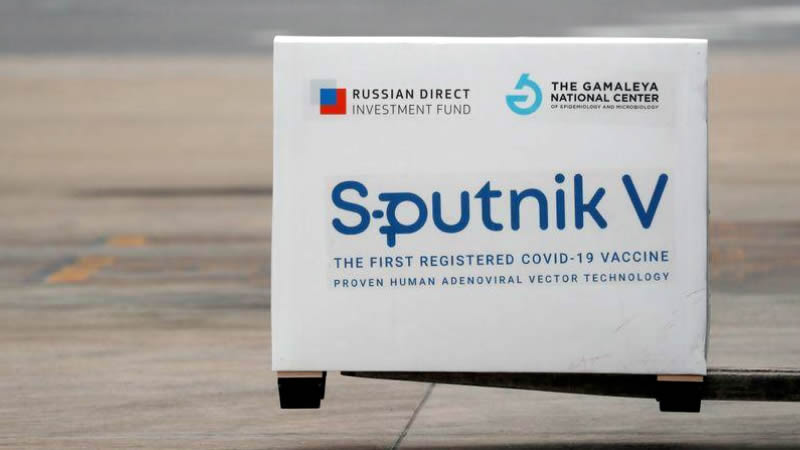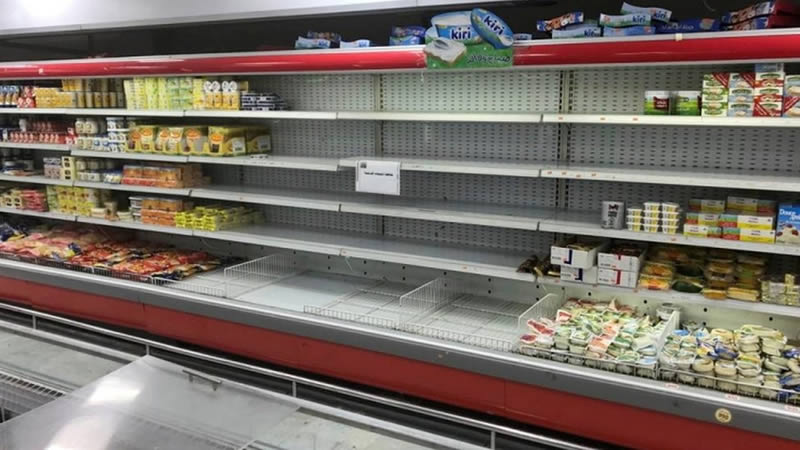 The price of gold has hit a new record price of $1,610 an ounce as debt worries in the US and Europe have intensified. It climbed above $1,600 for the first time on Monday, capping a record-breaking rally of 11 days of gains. Gold is considered a safe investment and usually gains at times of global economic uncertainty. Silver also continued to climb, to above $40 an ounce, its highest price for two months. “Gold hit another milestone… at $1,600 as investors lose confidence in the ability of politicians to get a grip with the debt problems weighing down on sentiment,” said Michael Hewson from CMC Markets, a trading group.
The price of gold has hit a new record price of $1,610 an ounce as debt worries in the US and Europe have intensified. It climbed above $1,600 for the first time on Monday, capping a record-breaking rally of 11 days of gains. Gold is considered a safe investment and usually gains at times of global economic uncertainty. Silver also continued to climb, to above $40 an ounce, its highest price for two months. “Gold hit another milestone… at $1,600 as investors lose confidence in the ability of politicians to get a grip with the debt problems weighing down on sentiment,” said Michael Hewson from CMC Markets, a trading group.
“More advances look likely,” he said. The record breaking price comes ahead of Thursday’s summit of eurozone leaders in Brussels where they will once again try to contain the growing debt crisis. Investors are concerned that Greece may default on its debt, and countries such as Italy and Spain, who are also struggling with high debt levels, will get pulled into the crisis.
However, Italian and Spanish bond yields eased on Tuesday. The rate on Italian 10-year bonds fell to 5.7% having topped 6% on Monday, while the rate on the Spanish equivalent fell 0.15 percentage points to 6.12%. On Monday, yields had risen in a sign that financial markets were sceptical that governments would be able to bring an end to the debt crisis. European banking shares also rose on Tuesday, buoyed by the bond market and helped by a better performance from US bank shares late on Monday. Shares in Barclays rose 4.7% in London, while Germany’s Commerzbank and France’s Societe Generale also gained more than 4%. Markets will also be studying the results of a Spanish bond auction, taking place later.
US default?
Meanwhile in the US politicians are struggling to reach an agreement on a deficit reduction plan in time to avoid a debt default before the deadline of 2 August. There are also worries about the strength of the US economy and of the dollar.
Nicholas Brooks, the head of investment strategy at ETF Securities, told the BBC: “I think the concern is that if we see another round of so called quantitative easing, it’s basically de-basing the US dollar. It’s putting new dollars into the system and that of course makes investors concerned about holding on to US dollars.
“When they look at the alternative, the euro and the issues that are now affecting the euro, they look for alternatives and gold of course is one of the first places they go, along with other so-called hard commodities,” he added. – BBC
“More advances look likely,” he said. The record breaking price comes ahead of Thursday’s summit of eurozone leaders in Brussels where they will once again try to contain the growing debt crisis. Investors are concerned that Greece may default on its debt, and countries such as Italy and Spain, who are also struggling with high debt levels, will get pulled into the crisis.
However, Italian and Spanish bond yields eased on Tuesday. The rate on Italian 10-year bonds fell to 5.7% having topped 6% on Monday, while the rate on the Spanish equivalent fell 0.15 percentage points to 6.12%. On Monday, yields had risen in a sign that financial markets were sceptical that governments would be able to bring an end to the debt crisis. European banking shares also rose on Tuesday, buoyed by the bond market and helped by a better performance from US bank shares late on Monday. Shares in Barclays rose 4.7% in London, while Germany’s Commerzbank and France’s Societe Generale also gained more than 4%. Markets will also be studying the results of a Spanish bond auction, taking place later.
US default?
Meanwhile in the US politicians are struggling to reach an agreement on a deficit reduction plan in time to avoid a debt default before the deadline of 2 August.
There are also worries about the strength of the US economy and of the dollar.
Nicholas Brooks, the head of investment strategy at ETF Securities, told the BBC: “I think the concern is that if we see another round of so called quantitative easing, it’s basically de-basing the US dollar. It’s putting new dollars into the system and that of course makes investors concerned about holding on to US dollars.
“When they look at the alternative, the euro and the issues that are now affecting the euro, they look for alternatives and gold of course is one of the first places they go, along with other so-called hard commodities,” he added. – BBC












